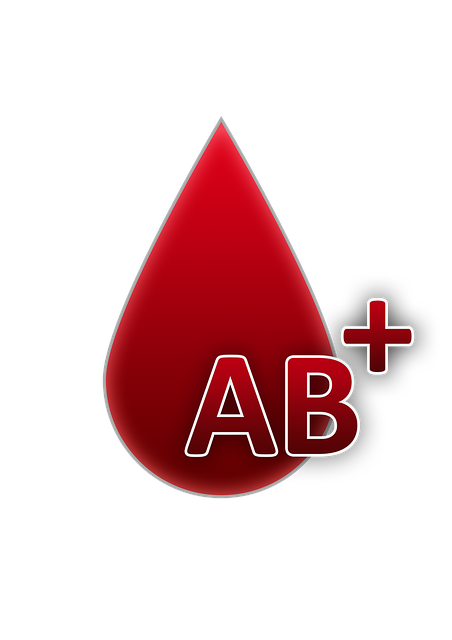Vitamin B12 deficiency is a common but potentially undiagnosed issue in the UK, impacting nerve health and DNA production. High-risk groups include those with pernicious anaemia, vegetarians/vegans, post-surgery patients, and individuals with impaired nutrient absorption. While UK cholesterol blood tests can occasionally identify deficiency through RBC and MCV counts, recognizing subtle symptoms is crucial for prompt treatment, including dietary changes, supplements, or injections. Regular follow-up tests are essential to monitor progress and maintain optimal B12 levels for overall health.
In the UK, vitamin B12 deficiency affects many, often going unnoticed. Recognising its symptoms and understanding the role of blood tests in diagnosis is crucial. This comprehensive guide explores how a simple cholesterol blood test can reveal underlying B12 deficiencies, highlighting key indicators and next steps for treatment. By shedding light on this often-overlooked nutrient, we aim to empower individuals to take charge of their health.
- Understanding Vitamin B12 Deficiency: Symptoms and Risks
- The Role of Blood Tests in Diagnosing Deficiency
- Interpreting Results and Next Steps for Treatment
Understanding Vitamin B12 Deficiency: Symptoms and Risks
Vitamin B12 deficiency is a growing concern, especially in the UK, where it’s estimated that many people may go undiagnosed. It occurs when your body doesn’t have enough vitamin B12, a vital nutrient essential for maintaining healthy nerve cells and producing DNA. Deficiency can lead to a range of symptoms, from fatigue and weakness to memory loss and balance issues.
Those at risk include individuals with pernicious anaemia, people who follow vegan or vegetarian diets, and those who have had intestinal surgery or certain medical conditions that affect nutrient absorption. Regular UK cholesterol blood tests can sometimes pick up on vitamin B12 deficiency, but it’s important to be aware of the subtle signs to ensure prompt treatment, which may include dietary adjustments, supplements, or injections.
The Role of Blood Tests in Diagnosing Deficiency
Blood tests play a crucial role in diagnosing vitamin B12 deficiency, offering a straightforward and effective method to assess your levels. In the UK, a common approach to screening involves a simple cholesterol blood test, which can provide valuable insights into your overall nutritional status. This test measures various markers, including red blood cell count (RBC) and mean corpuscular volume (MCV), both of which are indicative of B12 levels. If these values fall outside the normal range, it could indicate a deficiency.
By analysing a small sample of your blood, healthcare professionals can detect anomalies that suggest inadequate vitamin B12 intake or absorption. This early diagnosis is essential as B12 deficiency can lead to various health issues, such as anaemia and neurological problems. Early detection allows for timely intervention through dietary changes, supplements, or medical treatments, ensuring optimal health outcomes.
Interpreting Results and Next Steps for Treatment
Interpreting your UK cholesterol blood test results is crucial for understanding your vitamin B12 deficiency status and planning effective treatment. If your result falls below the recommended range, it indicates a potential deficiency. This can be further confirmed by additional tests or clinical assessment. Your healthcare provider will consider factors like your symptoms, medical history, and other lab results to diagnose deficiency.
Once a diagnosis is made, the next steps focus on restoring B12 levels. Treatment options include oral supplements, injections, or dietary changes to incorporate more B12-rich foods. Regular follow-up tests are essential to monitor your progress and adjust treatment as needed. Maintaining optimal B12 levels is vital for overall health, particularly for nerve function and blood cell formation.
In light of the above, vitamin B12 deficiency can significantly impact overall health, and early diagnosis through accurate blood tests is crucial. A simple UK cholesterol blood test can reveal vital information about your B12 levels, enabling prompt treatment and management. Remember that awareness and regular checks are key to maintaining a healthy balance, especially for at-risk individuals. By understanding the symptoms and taking proactive steps, you can ensure optimal well-being.
